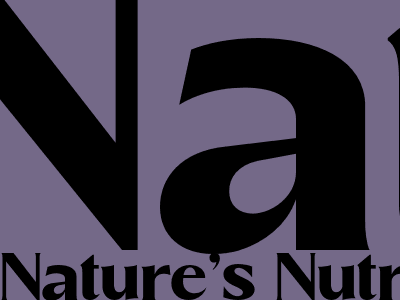Nature's Nutrition: A Comprehensive Guide to Healthy Eating
Introduction
In today's fast-paced world, it's crucial to make informed choices about our diets. Nature's Nutrition provides an unparalleled resource for understanding the importance of healthy eating, empowering individuals to make sustainable and nutritious lifestyle changes.
The Importance of Nutrient-Rich Foods
A nutrient-rich diet is essential for maintaining optimal health and well-being. Fruits, vegetables, whole grains, legumes, and lean protein should form the foundation of our meals. These foods are rich in vitamins, minerals, antioxidants, and fiber, which play vital roles in regulating bodily functions, protecting against chronic diseases, and improving overall vitality.
Understanding Macronutrients and Micronutrients
Macronutrients
Macronutrients include carbohydrates, proteins, and fats. They provide the body with energy and building blocks for various physiological processes. Complex carbohydrates from whole grains promote satiety and reduce the risk of chronic diseases, while lean proteins support muscle growth and repair. Healthy fats, such as those found in avocados and olive oil, contribute to hormone production, cell function, and nerve health.
Micronutrients
Micronutrients include vitamins and minerals. They are essential for a wide range of bodily functions, including metabolism, immune function, and bone health. Vitamins are organic compounds that cannot be produced by the body and must be obtained from food sources. Minerals are inorganic elements that play structural and regulatory roles in the body.
The Impact of Processed Foods on Health
Processed foods often contain high levels of added sugar, unhealthy fats, and sodium, which can contribute to a range of health issues. Excessive sugar consumption can lead to weight gain, type 2 diabetes, and heart disease. Unhealthy fats, such as trans fats and saturated fats, raise cholesterol levels and increase the risk of cardiovascular diseases.
Practical Tips for Healthy Eating
- Choose whole, unprocessed foods over processed options.
- Fill half your plate with fruits and vegetables.
- Include lean protein and whole grains in every meal.
- Limit processed meats, sugary drinks, and unhealthy fats.
- Cook more meals at home.
- Read food labels carefully.
- Make gradual changes to your diet rather than drastic overhauls.
Conclusion
Nature's Nutrition provides a comprehensive roadmap for healthy eating. By understanding the importance of nutrient-rich foods, the role of macronutrients and micronutrients, and the impact of processed foods, individuals can make informed decisions about their diets. Embracing a healthy eating lifestyle empowers us to live healthier, longer, and more fulfilling lives.

Comments